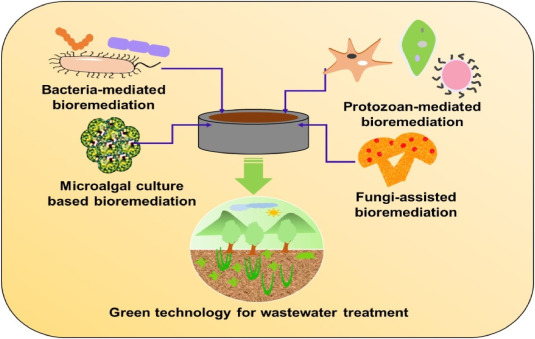This book chapter advances SDG 3 and 10 by presenting that (1) some of these depression scales do not correlate, suggesting that they assess different aspects of depression; (2) reports of depression in dementia vary based on depression in dementia scale used; and (3) severe memory impairment may impact the ability to assess depression in the patients using self-reports.
This book chapter advances SDG #3 and #10 by reviewing studies that showed treatments with multiple sessions of rTMS can influence cognition in people with neurodegenerative diseases. The chapter also considers novel therapeutic approaches based on the clinical use of rTMS.
Links to SDG6 and the theme of WWD as it covers the presence of emerging pollutants in aquatic systems such as rivers, lakes, groundwater, glaciers, wetlands, the ocean poses significant risks to human and environmental health.
This Article supports SDGs 3, 5, and 10 by examining the effects of housing interventions on the physical, psychosocial, and economic wellbeing of women experiencing IPV, calling for continued investment into research, policy, and practice to innovate the IPV-housing continuum and to address the needs of women experiencing IPV and homelessness across different social circumstances.
Overuse of water has led to the degradation and scarcity of limited water resources, which prompted the modern world to adopt sustainable measures to save water by increasing its reuse and recycling. The use of microbial-based green technology to treat wastewater has appeared to outweigh conventional wastewater treatment (WWT) technologies because this emerging technology overcomes many of the shortcomings of conventional treatment systems.
Compares the pros and cons of volunteering with animals.
Food preservatives are important to reduce food spoilage caused by microorganisms preventing loss of its quality and nutritive value. In this research, a new way to isolate the organic nanodots from edible freshwater blue green microalgae has been developed as a natural food preservative.
Elsevier,
Comparative Biochemistry and Physiology Part - B: Biochemistry and Molecular Biology, Volume 257, January 2022
This article advances SDG # 15 and # 11 by investigating one of the factors leading to the global decline of bee populations. Pathogens, which need overcome the insect defenses such as the physical barriers, the body cuticle and peritrophic matrix (primary defenses), as well as the secondary defenses with antimicrobial peptides (AMPs) and the enzyme lysozyme were evaluated according to cuticle maturation.
Rosnah, born in the depths of the Borneo jungle, held a copy of her birth certificate in her hands. Aged 16, she had attended local school classes but was unable to take exams because she couldn’t prove her identity. Her life changed with a basic legal document most of us take for granted. In April 2019, LexisNexis helped bring Rosnah under the protection of the rule of law through its work with a local mobile court initiative.
In December 2021 RELX held Responsible Supplier Sessions exploring themes including living wage, accessibility and modern slavery prevention. This information is particularly relevant to SDGs 8, 10 and 12.


